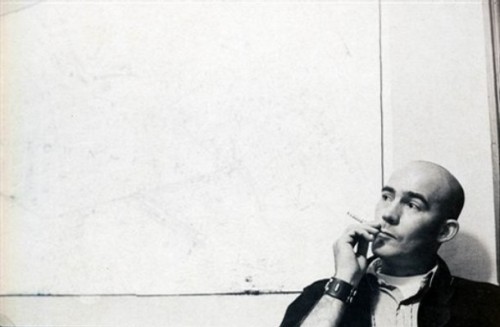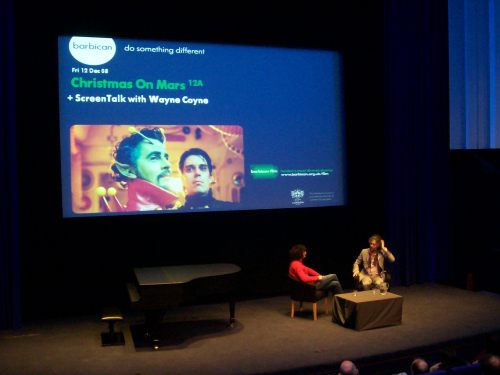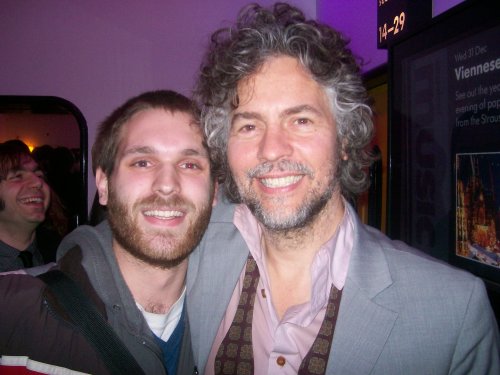
Hunter S. Thompson cut swathes through social commentary and rock ‘n’ roll writing, stylistically destroying rules as he went. He lived a disgustingly debauched adult life, but managed to chronicle the most important events in a world he seemed equally perplexed by and enamoured with. To document his life would naturally be something of an illustrated history of the American Dream (and nightmare), and Alex Gibney’s exhaustive film unsurprisingly suffers at some points because of the sheer magnitude of its task.
Gonzo begins, oddly, with Thompson’s 2005 suicide. He is introduced as a weary recluse, penning occasional rubbish from his Colorado cabin. By showing us his slightly depressing outcome, we’re already anticipating whatever bright sparks highlighted in the early, vim-heavy writings to fade. Though many will be familiar with Thompson’s demise, it might not have been the most satisfying narrative bent for Gonzo to take. All the brightness and creativity (albeit produced under sometimes frightening mental conditions) that spewed from his brain and fingers is taken with the assumption that it will come to an unfortunate end, and Thompson won’t have changed the world as much as he would have liked.
That said, when Thompson infiltrates a Hell’s Angels gang, or embarks upon the psychedelic, nightmarish road trip that resulted in Fear And Loathing In Las Vegas, the sheer audacity of his exploits carries the film ably. The faithful regurgitations of source material by Johnny Depp add class and depth to the legendary tales, immersing the viewer in the terrifying world Thompson both described and perpetuated with his sheer hedonism. Most revealing, though, are the sections of footage that show our antihero at his angriest. His wives’ continual frustration at his possible bi-polarity seems to be something of a sticking point for Gibney, and provides some of the most intense exchanges between Thompson and his opposites.
Were it not for the gravity the film’s opening lends, we might take the more light-hearted episodes with more humour. When his travelling partner for the Fear And Loathing… escapade arrives, the bald, preppily dressed Thompson greets him simply and wanders off into a field, bemused and high. In one of his more politically active times, Thompson decrees that, should he become mayor of Aspen, Colorado, it be renamed ‘Fat City’, and have stocks reserved for public mocking of dishonest pot dealers. Lightness was hard to come by in this life, and the moments where it prevails are by no means cherished here.
Ultimately, this kind of documentary succeeds or fails on the strength of its subject matter, and Hunter S. Thompson’s life was one that reaps many more rewards than is possible to squeeze into one two-hour movie. Continually confrontational, oddly comforting and never less than bewilderingly, wildly entertaining, Gonzo makes the confusing most of Thompson’s bright time on this earth.
—
Read this review here too.


